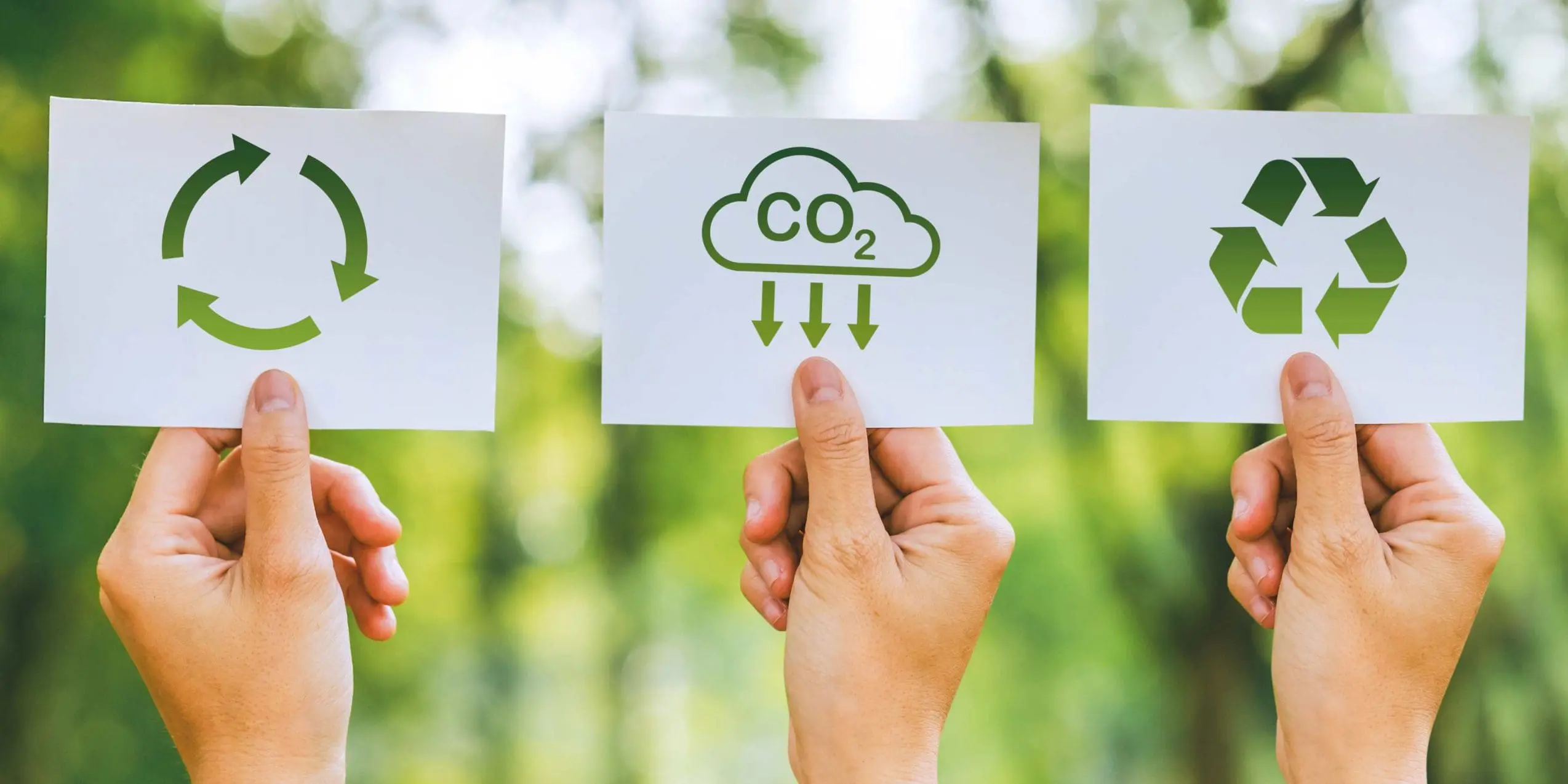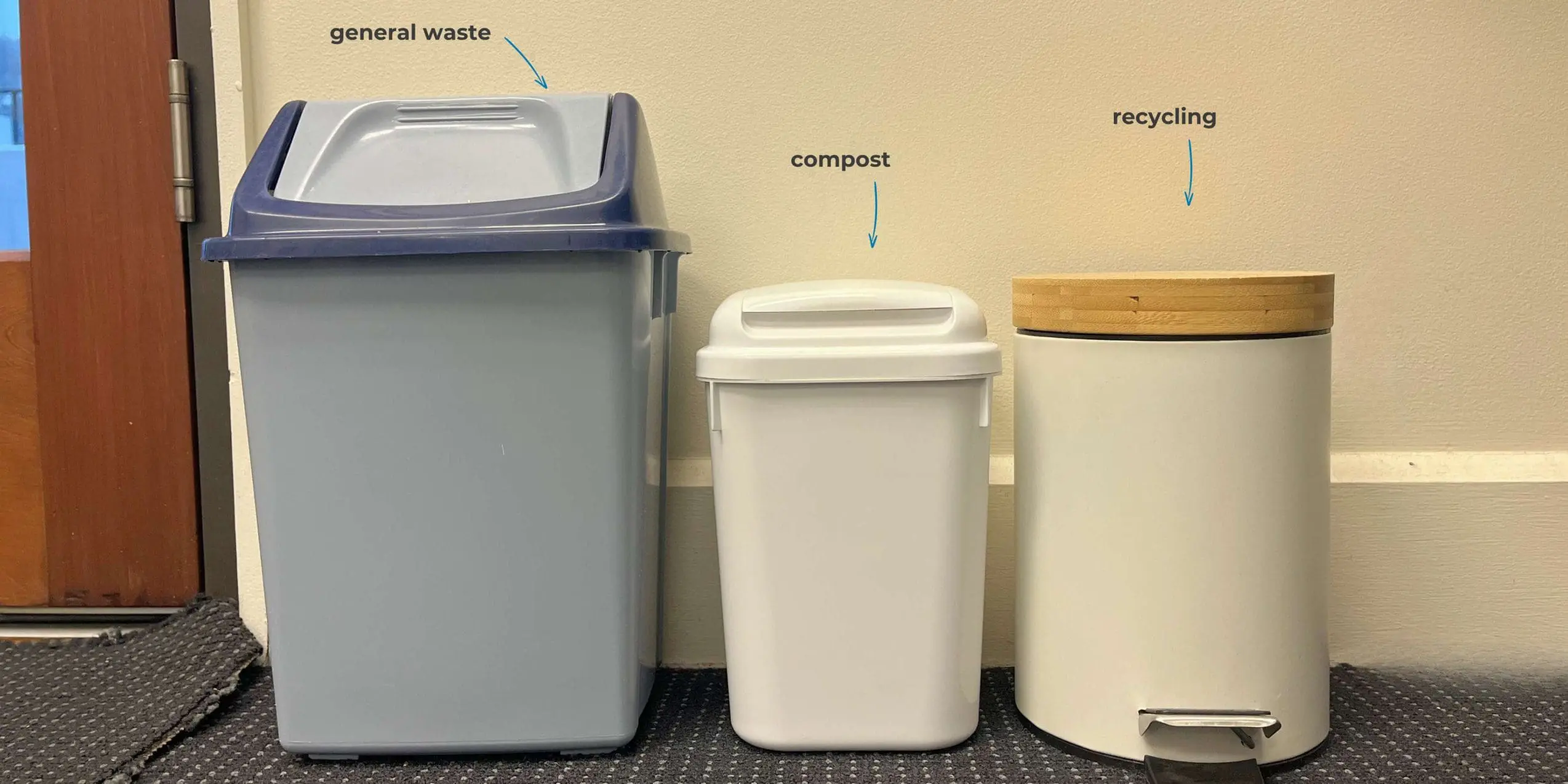We’ve all seen eco friendly products on the market. And heard businesses talking about their sustainable business practices or social outcomes in their marketing.
This is good news.
We want products that don’t harm the earth. And businesses that care about their environmental impact or are active in helping support their local communities.
The lead-on from this is that many consumers now base their purchasing decisions on the sustainable and environmental impacts a business or product has.
Have you put back that plastic toothbrush and picked up a bamboo toothbrush instead? Or looked at your weedkiller to see if its organic? Or checked to see if your favourite label of clothing is ethically made?
For some businesses, this growing environmentally-friendly movement puts pressure on them to appear environmentally friendly as well. Actually implementing sustainable processes into a business can be costly and hard though, so this can tempt businesses into practices that border on something called greenwashing – a form of advertising or marketing that misleads consumers with claims of sustainability.
Real, genuine commitments to the environment are an excellent thing to be proud of in your organisation. But how you advertise these commitments is just as important.
what is greenwashing?

Greenwashing, also known as green sheen, is when companies trick people into thinking their products or practices are more eco-friendly than they really are. It’s used as a way to attract customers who care about the environment by making false or exaggerated claims about their green efforts.
Governments and advocacy groups are working for stricter rules and more honesty to fight against misleading green marketing, as more people start to care about their environmental impact when buying.
According to Consumer NZ, 1 in 10 New Zealanders have changed their spending habits for environmental reasons. However, 3 in 4 shoppers do not check if the product’s green claims are true.
Most products in New Zealand aren’t checked for their green claims. Gemma Rasmussen, head of research and advocacy at Consumer NZ, has said that even though the Fair Trading Act has rules for businesses about their claims, more needs to be done about products labelled as eco-friendly.
So, how do you avoid “greenwashing” and genuninely steer your business to a greener future?
Here are 4 practical steps your business can take towards real sustainability:
1. decide what's important for your business

Don’t try to cover every aspect of sustainability. Instead, find out what really matters for your business and where you can make a difference.
Once you know your key environmental priorities, focus on these areas to shape your strategy, actions and marketing.
This approach allows you to share clear and useful sustainability information, backed by focused and meaningful actions.
2. transparency and accountability

Communicate your sustainability efforts clearly and honestly. Avoid greenwashing by providing clear information about your environmental initiatives.
Using your own photos and assets instead of stock images is a powerful way to show your genuine environmental impact. Avoid generic images of issues like turtles trapped in plastic; instead show real examples of your sustainable practices in action. This builds trust and connects better with your audience.
Another way to build trust is by getting certifications or endorsements from repsected environmental organisations like GECA or Toitū Envirocare. These can help verify your sustainability claims.
3. educate and engage

Businesses with genuine commitments to sustainability go beyond green marketing and focus on sharing knowledge.
This means openly sharing best practices, innovations, and lessons learnt in sustainability. By actively sharing knowledge within your industry, collaborating on sustainability projects, and contributing to broader environmental goals, your business will build credibility, and trust both within your business and consumer communities.
A great tool to track, measure and report your businesses sustainable efforts is through the software tool called Oatas. With over 1,000 solutions, Oatas’ database helps you create customised sustainability plans by selecting outcomes and actives that matter to your business and stakeholders.
4. stay focused

Don’t be shy; we need to be having these conversations more often. Share your environmental initiatives and get the conversation started.
By openly talking about your sustainability efforts, you raise awareness and inspire others to take similar actions.
Fear of backlash over greenwashing shouldn’t stop your businesses, big or small, from making those step-by-step changes that overall, can achieve a significant impact.
Walk the walk before you talk the talk and use data, case studies and testimonials to support what you are sharing.
summary

Lets shift the narrative from greenwashing to genuine sustainability. Combating greenwashing requires a true commitment to sustainable practices that are transparent and work with your businesses impact areas.
By focusing on meaningful actions, your business can build credibility, trust, and an overall positive impact on the environment.
